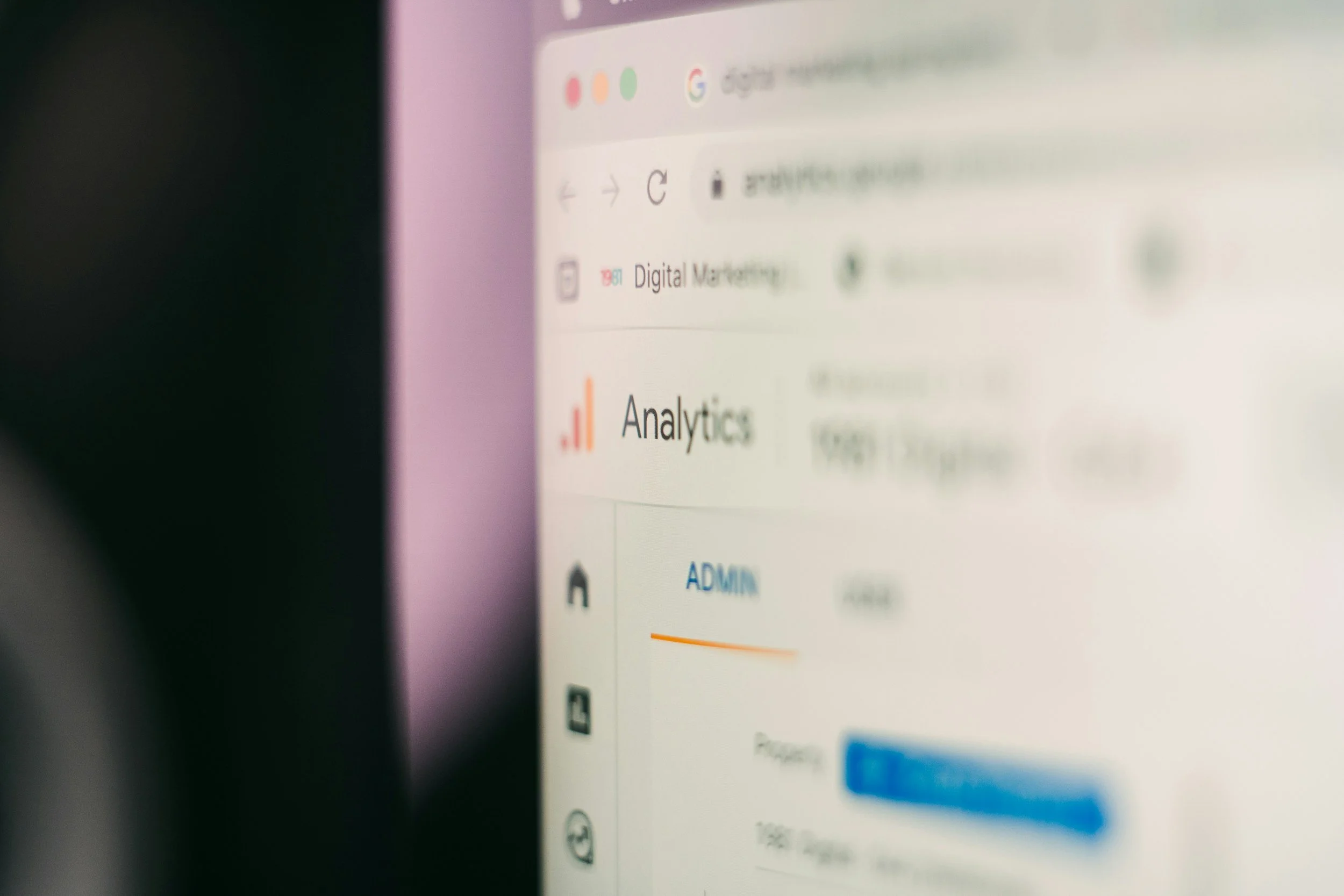The Power of Backlinks and Broken Link Fixes: Why They Matter for Your SEO Strategy
When it comes to improving your website’s search engine optimization (SEO), two often-overlooked factors can have a huge impact: backlinks and broken link management. Together, they play a crucial role in building your site’s credibility, improving user experience, and, ultimately, boosting your rankings in search results. Here’s an in-depth look at why these two elements matter and how you can use them to strengthen your SEO.
Understanding Backlinks: The “Votes of Confidence” for Your Site
Backlinks, also known as inbound or external links, are links from other websites that point to pages on your site. Think of each backlink as a digital vote of confidence. When reputable websites link to your content, it signals to search engines like Google that your page is valuable, relevant, and worthy of ranking highly in search results.
Why Are Backlinks So Important?
1. Improved Search Engine Ranking
Backlinks are one of the strongest ranking factors in search algorithms. When high-quality, authoritative sites link to your pages, it increases your site’s perceived authority. This can push your content higher in search results, leading to more organic traffic.
2. Increased Referral Traffic
Backlinks are not only beneficial for SEO; they also provide a steady stream of referral traffic. If your site is linked on a popular website or industry blog, readers of that site may click through to yours. This means new visitors discovering your content and engaging with your brand.
3. Boosted Brand Credibility and Trust
When reputable websites link to your pages, it builds a sense of trust and credibility with both search engines and users. People are more likely to trust content that has earned references from credible sources, which can enhance your brand’s reputation.
What Makes a Backlink “Good”?
Not all backlinks are equal in value. Here’s what makes a backlink truly beneficial:
• Relevance: Backlinks from sites within your industry or niche hold more value. A link from an unrelated website doesn’t provide the same relevance and may even look suspicious to search engines.
• Authority: Links from high-authority websites, such as government sites, news outlets, or well-known industry blogs, carry much more weight than links from smaller, lesser-known sites.
• Anchor Text: The clickable text used in the link, known as anchor text, is also important. If the anchor text includes keywords relevant to your content, it can further boost the SEO benefits by clarifying the topic of the linked page.
Building quality backlinks requires effort, often involving outreach, content creation, and relationship-building within your industry. However, the rewards in terms of SEO are significant.
The Importance of Fixing Broken Links
In addition to acquiring quality backlinks, keeping your own website free of broken links is equally essential. Broken links—links that lead to a “404 error” or a page that no longer exists—can harm your SEO in several ways:
1. Negative Impact on User Experience
When users encounter broken links, it disrupts their experience and can lead to frustration. This increases your bounce rate, as visitors may quickly leave if they repeatedly encounter dead links. A higher bounce rate can send a negative signal to search engines about the quality of your site.
2. Search Engine Crawling & Indexing Issues
Search engines use links to discover and index content. When crawlers encounter broken links, it can prevent them from accessing certain pages, leading to incomplete indexing. This means your site’s visibility could suffer as search engines may miss important content.
3. Reduced Credibility and Authority
Websites with numerous broken links can appear outdated or poorly maintained, affecting both user perception and search engine rankings. A well-maintained site with functional links signals to users and search engines alike that your content is reliable and up-to-date.
Tips for Building a Strong Link Profile and Managing Broken Links
Creating a healthy link profile and keeping your site error-free doesn’t happen overnight, but here are some actionable steps to get you started:
1. Focus on Quality Backlinks
Seek out reputable websites in your niche for potential link-building partnerships. This might include guest posting, contributing expert quotes, or collaborating on content. Aim for high-authority sites that align with your brand.
2. Regularly Monitor for Broken Links
Use tools like Google Search Console, Ahrefs, or Screaming Frog to identify broken links on your website. Regularly check and update these links to ensure they lead to live pages. Replace any broken internal links with relevant content, or remove them if they’re no longer necessary.
3. Perform Link Outreach and Content Promotion
Promote high-quality content, such as blog posts, infographics, or case studies, within your industry to attract organic backlinks. Engaging in industry forums, online communities, and social media can also help get your content in front of the right people.
4. Create Content Worth Linking To
Consistently produce valuable, informative, and shareable content. The more relevant and helpful your content, the more likely it is to attract backlinks naturally. This could include long-form blog posts, research reports, guides, or interactive tools.
5. Fix or Redirect Broken Links
For any broken backlinks that lead to pages on your site, set up 301 redirects to guide users and search engines to updated pages. This will retain the value of the backlink while preventing users from landing on an error page.
In Summary
Backlinks and broken link management are two essential components of a successful SEO strategy. Quality backlinks drive more traffic, boost your credibility, and improve your ranking, while keeping your site free of broken links enhances user experience and ensures search engines can effectively index your content.
By actively building a healthy backlink profile and monitoring for broken links, you’re investing in a solid foundation for SEO success that can lead to sustained growth and increased visibility. So, whether you’re new to SEO or looking to refine your strategy, don’t overlook the power of links—they’re the connective tissue that holds the web together and can make a real difference for your site’s performance.
The source for this blog post is a blend of foundational SEO principles widely accepted within digital marketing, including the importance of backlinks for improving site authority and search rankings, as well as the value of fixing broken links to enhance user experience and indexing. For more in-depth or specific details, resources like Google’s SEO guidelines, Moz, Ahrefs, and SEMrush provide comprehensive insights into these strategies.
Let us help you reach your digital marketing goals!
At Haywire Consulting, we specialize in building effective SEO strategies, including quality backlink development, broken link management, and comprehensive SEO support to boost your site’s authority, user experience, and search rankings. LEARN MORE



